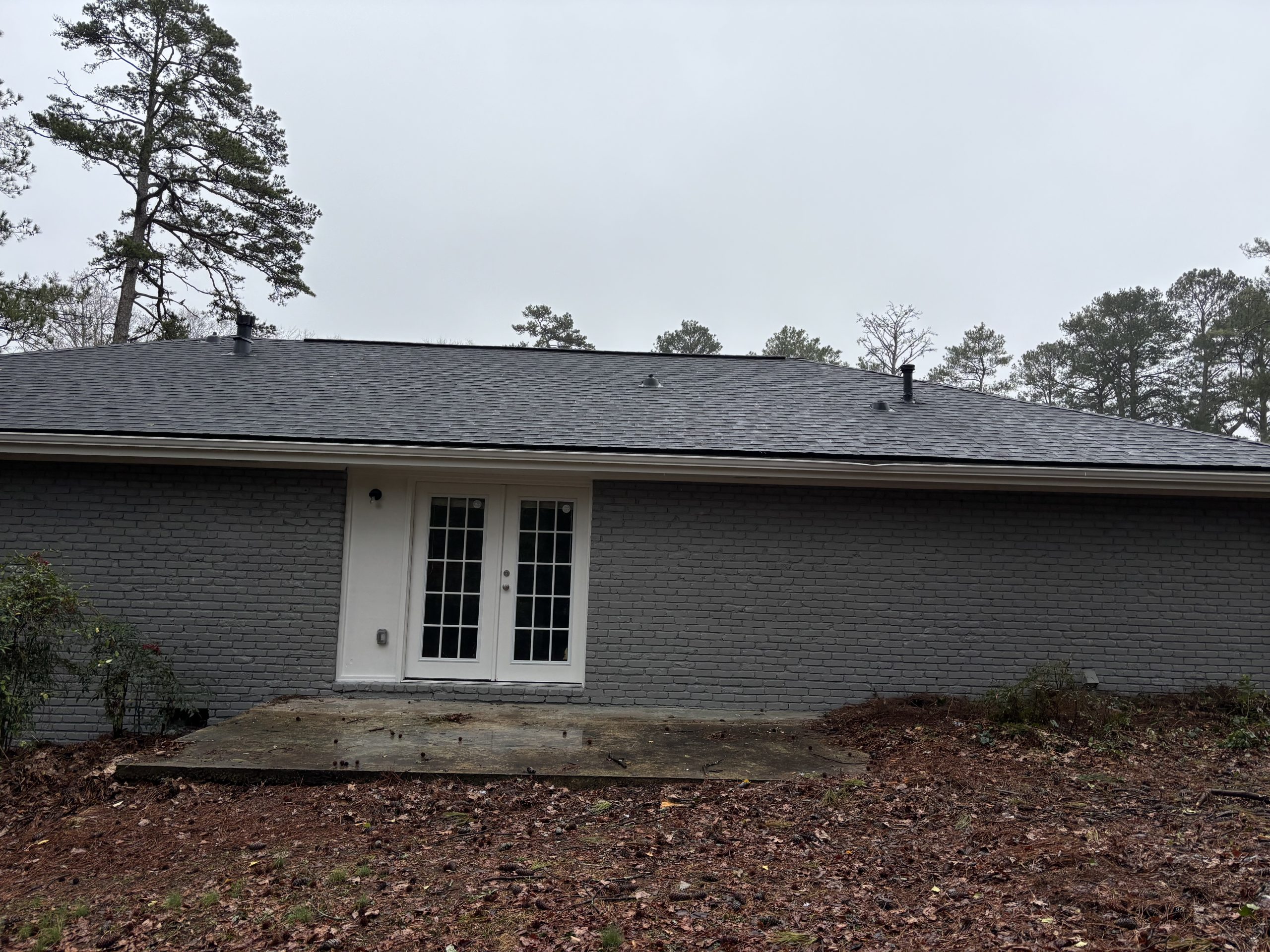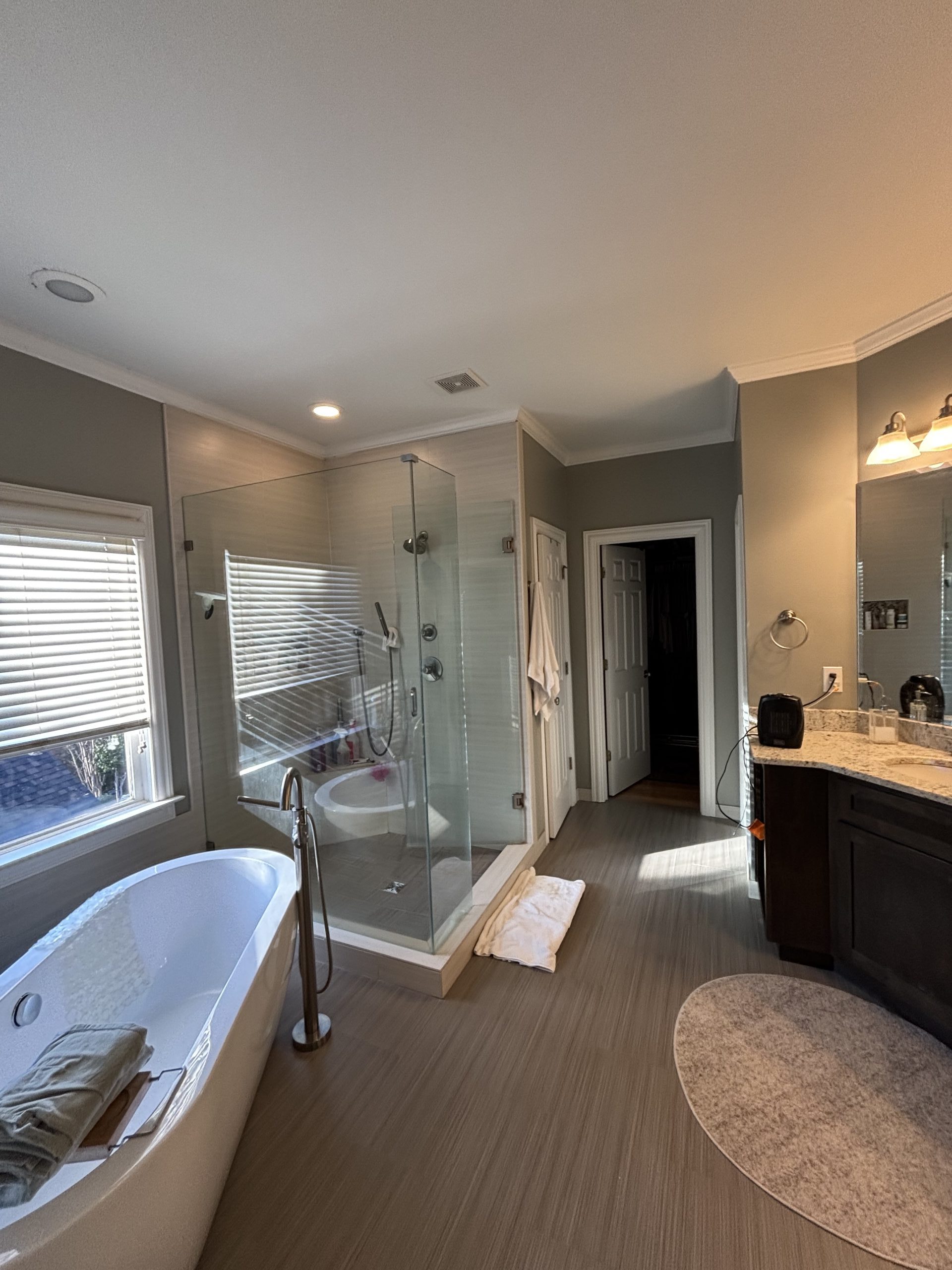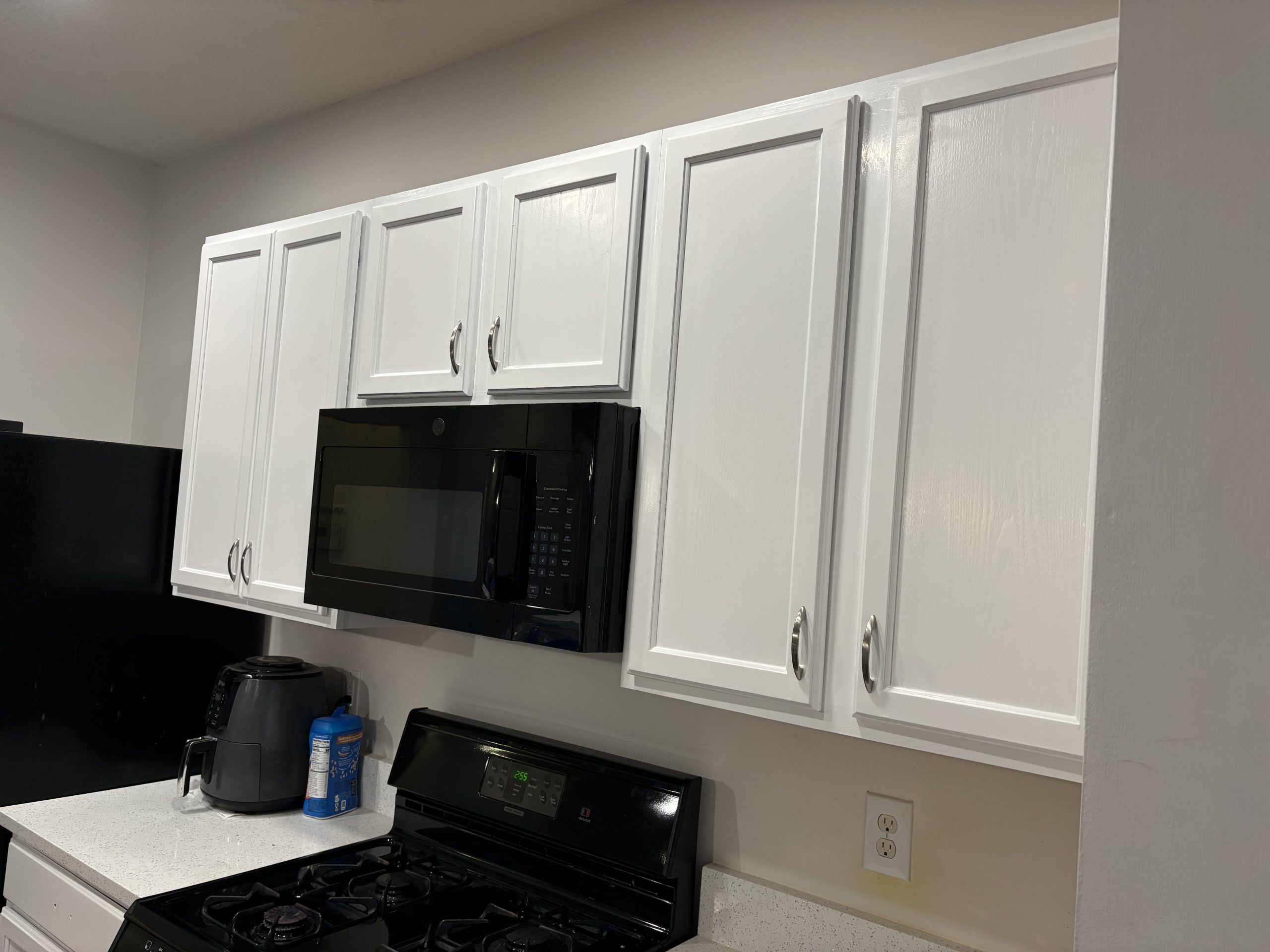Introduction
When it comes to enhancing your home's curb appeal, exterior painting plays a pivotal role. Not only does it protect your property from the elements, but it also adds immense value and aesthetic charm. However, many homeowners overlook a critical component of this process: prep work. In this comprehensive article, we will delve into the importance of prep work in exterior painting and explore why it’s essential for achieving stunning results.
The Importance of Prep Work in Exterior Painting
The significance of thorough preparation cannot be overstated when it comes to exterior painting. It sets the stage for everything that follows, ensuring that the paint adheres properly and lasts for years to come. So what exactly does this entail? Let’s break down the various aspects of prep work:
1. Assessing the Surface Condition
Before any paint touches the surface, it's crucial to evaluate the condition of your home's exterior. Are there cracks? Peeling paint? Mold or mildew? This initial assessment helps determine how much prep work is necessary.
- Cracks and Holes: These should be filled with caulk or putty. Peeling Paint: This needs to be scraped away. Mold/Mildew: Requires cleaning with a mixture of water and bleach.
2. Cleaning the Surface
A clean surface is essential for proper adhesion. Dust, dirt, and grime can cause paint to chip and peel over time.
- Use a power washer or scrub brush with detergent. Rinse thoroughly and let dry before proceeding.
3. Repairing Damages
Once the surface is clean, it's time to address any damage found during the assessment phase.
- Replace rotting wood. Fill in holes or cracks.
This step ensures that your home is not just aesthetically pleasing but structurally sound as well.
4. Priming
Many homeowners skip priming, thinking it's an unnecessary step. However, primer acts as a bonding agent between your surface and paint.
- It helps seal porous surfaces. It enhances color vibrancy.
Why Hire Professional Painters?
When considering an exterior painting project, you might wonder if you should hire painters or tackle it yourself. Here are some compelling reasons why hiring professionals like painting contractors can make all the difference:
5. Expertise Matters
Professional house painters bring years of experience to the table. They know how to assess surfaces accurately and choose appropriate materials.

Understanding Different Types of Exterior Paints
Choosing the right type of paint can significantly affect both appearance and longevity.
6. Latex vs. Oil-Based Paints
Both have their pros and cons:
- Latex Paint: Quick-drying and easy to clean up. Oil-Based Paint: Offers a smoother finish but takes longer to dry.
This choice often influences whether you need additional prep work, such as priming or sanding.

Common Tools Used by Painting Contractors
When hiring a painting company, understanding their toolkit can help you appreciate their expertise more fully:
| Tool | Purpose | |---------------------|-------------------------------------------| | Power Washer | Cleans surfaces | | Scrapers | Removes old paint | | Brushes/Rollers | Applies paint smoothly | Interior painters | Caulking Gun | Fills gaps |
The Role of Weather in Exterior Painting Prep Work
Weather conditions can also impact how you prepare for an exterior painting job.
7. Temperature Considerations
It’s vital to consider weather patterns while planning your project:
- Avoid painting in extreme heat or cold. Rain can wash away freshly applied primer or paint.
Preparing Your Home Environment
You wouldn’t want your flower beds ruined during an exterior painting job! Here’s how to prepare your home environment effectively:
8. Protecting Landscaping
Use drop cloths or plastic sheets to cover plants and landscaping features around your home.
9. Moving Outdoor Furniture
Furniture should be moved at least ten feet from walls being painted to avoid splatters.
How Proper Prep Work Affects Paint Longevity
One often underappreciated aspect of prep work is its direct correlation with paint longevity.
10. Reducing Maintenance Costs
A well-prepped surface can extend the life of your paint job by several years, saving you money in maintenance costs down the line!
Common Mistakes Homeowners Make During Prep Work
Even seasoned DIY enthusiasts sometimes slip up during prep work! Here are some common pitfalls:
11. Skipping Steps
Every part of prep work has its place; skipping even one can lead to disaster later on!
12. Ignoring Safety Protocols
Don’t forget about safety! Always wear gloves and goggles when working with harsh chemicals like bleach or solvents.
Understanding Different Finishes in Exterior Painting
Different types of finishes can drastically change how your final product looks:
13. Matte Finish vs Glossy Finish
Each finish offers unique benefits:

- Matte Finish: Ideal for hiding imperfections Glossy Finish: More durable but highlights flaws
Understanding these options will help guide your decision-making process when consulting with painters or painting contractors.
Frequently Asked Questions (FAQs)
Why is prep work so important in exterior painting?- Prep work ensures that surfaces are clean, smooth, and ready for paint application which ultimately leads to better adhesion and durability.
- No! Priming provides a solid base for even high-quality paints and enhances adhesion.
- If surfaces are dirty, paint may peel or chip prematurely leading to costly repairs down the line.
- Look for signs like soft spots or discoloration; if you find them, consult a professional house painter for advice.
- Yes, but hiring experienced painters ensures that all aspects including prep work are handled expertly leading to lasting results.
- Generally every 5-10 years depending on climate conditions; however, regular inspections are recommended!
Conclusion
In conclusion, taking shortcuts during preparation can lead to disastrous results when it comes time for that final coat of paint! Whether you're considering hiring professional house painters or going at it alone as an ambitious DIYer—remember that proper preparation is key! From assessing conditions accurately all through choosing suitable materials; each step matters immensely towards achieving beautiful long-lasting results in any exterior painting project!
By understanding "The Importance of Prep Work in Exterior Painting," homeowners can ensure that they invest not just financially but also emotionally into their properties—a home where beauty meets durability both inside out! So next time you're planning an exterior renovation don’t forget about those vital first steps—they truly make all the difference!